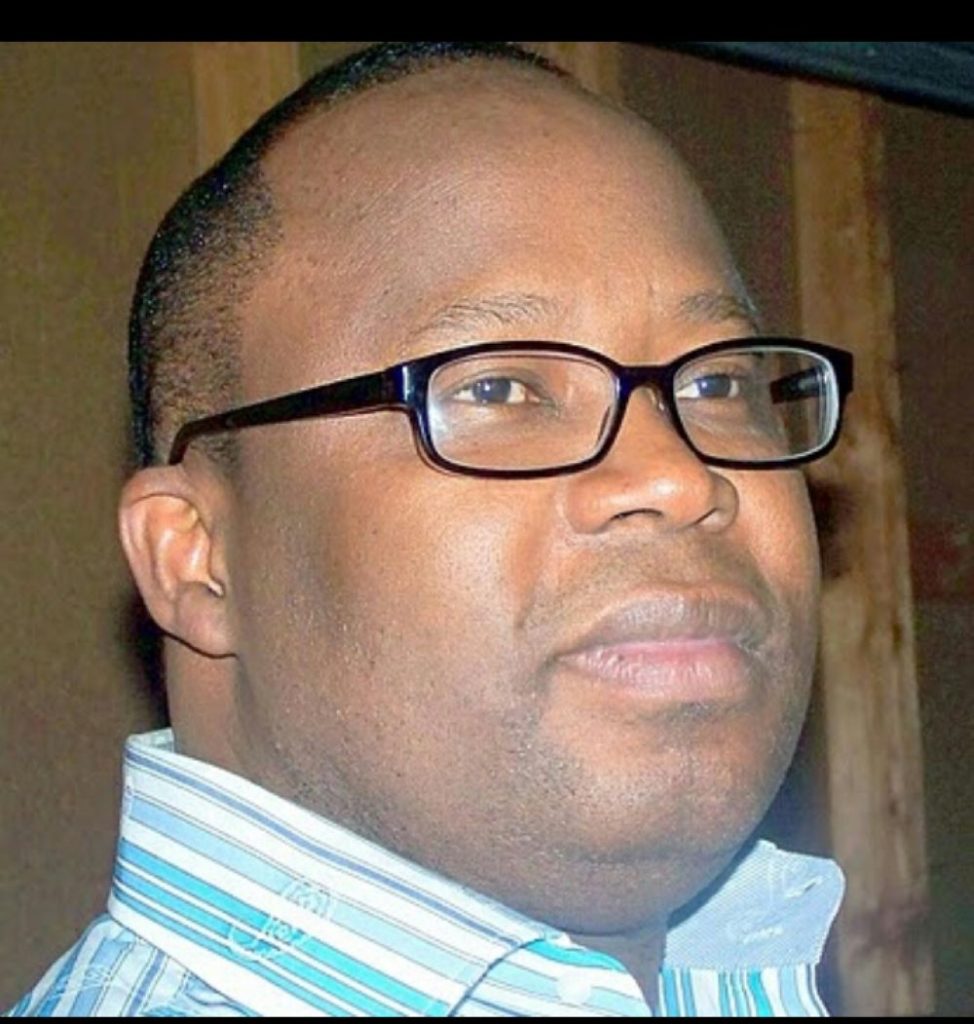The imperative for national unity among Liberian youth resonates deeply, especially as the nation grapples with its complex history. While young people in other parts of the world engage with technological advancements and social movements, Liberian youth face significant challenges, including political instability and social fragmentation. This necessitates a critical examination of their role in fostering national unity, comparing their circumstances with those of their global counterparts and drawing lessons from past generations of Liberian youth activism.
The legacy of youth activism in Liberia, particularly during the 1970s and 80s, provides a crucial historical context. These young people courageously advocated for social and economic justice, challenging oppressive structures and laying the foundation for democratic ideals. However, the 1980 coup and subsequent civil wars tragically disrupted this progress, leaving a legacy of trauma and hindering nation-building efforts. This historical backdrop underscores the need for contemporary Liberian youth to reclaim and revitalize the spirit of activism that characterized previous generations. The contrast between the proactive engagement of youth in other nations and the challenges faced by Liberian youth highlights the urgency of this task.
In contrast to the fragmented landscape in Liberia, youth movements in other countries demonstrate the power of collective action. The Arab Spring in North Africa and the Fridays for Future movement, spearheaded by Greta Thunberg, exemplify how young people can mobilize and advocate for political and social change. These global examples underscore the importance of shared vision, organized movements, and access to resources, elements often lacking in the Liberian context. The success of these movements is often fueled by access to education and technology, factors that further highlight the disparities between Liberian youth and their global counterparts. While young people in countries like South Korea drive innovation in technology and entrepreneurship, the Liberian education system, hampered by years of conflict and neglect, struggles to provide the necessary tools for its youth to compete on the global stage.
Bridging this gap requires a renewed focus on vision and leadership among Liberian youth. Moving beyond the counterproductive cycle of hooliganism and embracing the legacy of past generations is essential. Learning from global youth movements, Liberian youth must prioritize education, personal development, and civic engagement to shape a future that reflects the dreams of their predecessors while addressing contemporary challenges. Organizations like the Liberia National Student Union (LINSU) and other youth-focused NGOs can play a significant role in facilitating this transformation by providing platforms for youth expression, promoting unity and civic responsibility, and fostering constructive activism.
Technology, particularly social media, offers a powerful tool for fostering unity and empowering youth activism. The same platforms used for organizing and advocacy globally can be leveraged by Liberian youth to raise awareness about critical issues, collaborate across communities, and promote positive change. Engaging in social enterprises, promoting sustainable practices, and embracing innovative problem-solving approaches can further channel the energy of Liberian youth towards constructive outcomes. These technology-driven initiatives offer a stark contrast to the negativity of hooliganism and provide a pathway to a more stable and prosperous future.
The call to action for Liberian youth is clear: they must pick up the mantle of national unity and shape a brighter future for their nation. Learning from both the legacy of past generations and the examples of their global peers, Liberian youth can become agents of change. Prioritizing education, civic engagement, collaboration, innovation, and positive representation are crucial steps towards achieving meaningful change. The responsibility for transforming Liberia rests significantly on the shoulders of its youth, and their active participation in shaping a hopeful and prosperous future is not just a plea, but an imperative for the nation’s survival, growth, and the dignity of future generations.














